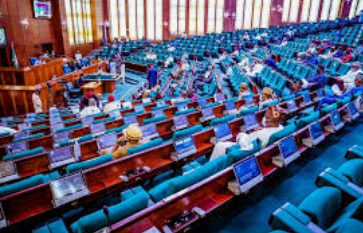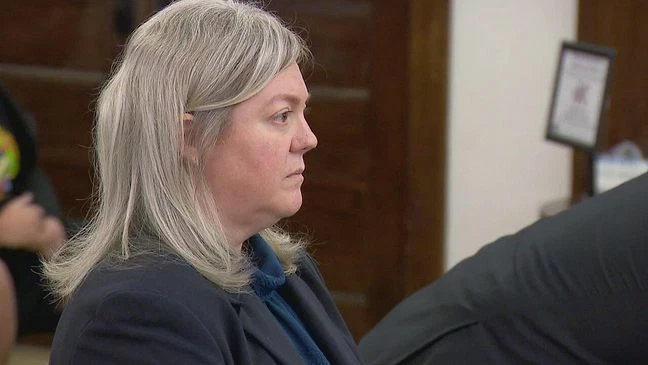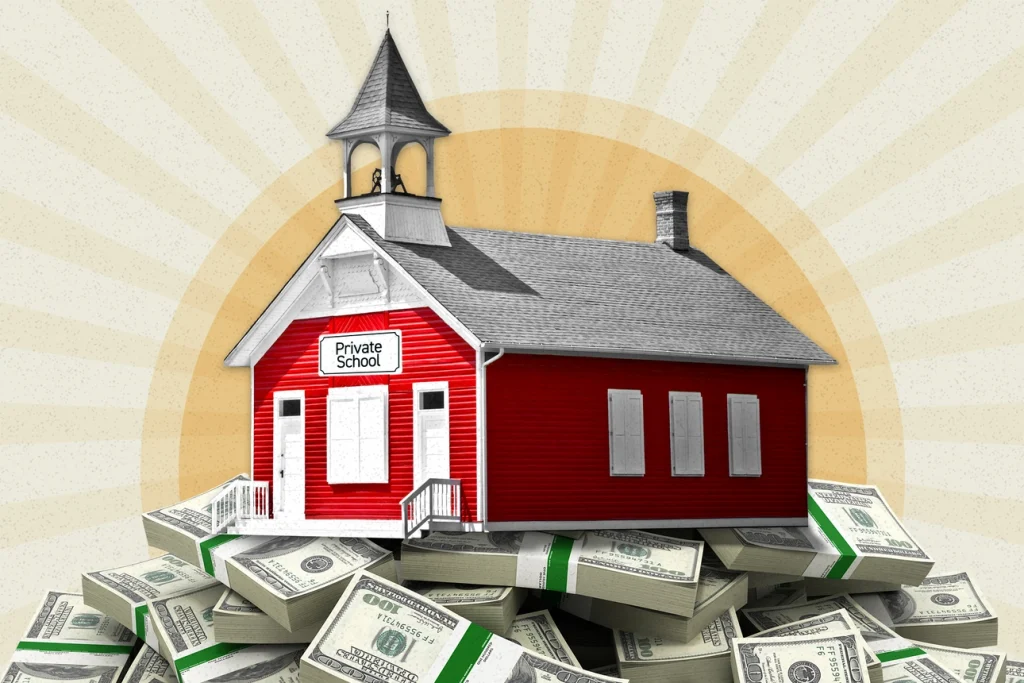Age Policy in Nigerian Education

Recent policy changes put forward by the Nigerian Ministry of Education that stipulate a minimum age requirement for candidates sitting for the Senior Secondary School Certificate Examination have sparked debate and discussion among parents, education stakeholders, and members of the House of Representatives.
The Minister of Education, Prof Tahir Mamman, had outlined that starting from 2025, students below the age of 18 will not be eligible to sit for the exam, which is a necessary prerequisite for higher education in Nigeria. This announcement has caused concern and controversy among those affected.
The policy change put forth by the Ministry of Education aims to align the education system with the cognitive and physical development of young Nigerians, ensuring that students are not forced to progress through education faster than their maturity can handle.
However, while this may be beneficial in the long run, the immediate transition period poses potential issues for students who are already in the senior classes of secondary school and may be affected by this new policy.
The concerns of stakeholders and members of the House of Representatives are understandable, as the sudden implementation of such a significant policy change could leave many students in limbo, unsure of their educational prospects.
The Ministry of Education has been tasked with ensuring that the policy is implemented in a manner that does not unduly harm the interests of young Nigerians, especially those in the most vulnerable positions.
The goal of a smooth and equitable transition period, wherein all students are able to complete their secondary education and progress to higher education without undue difficulty, is critical for the overall health and prosperity of the Nigerian education system.
References and Citations:
- PUNCH – Reps back Ban on under 18 SSCE, UTME candidates
- The Nations – What you need to know about FG’s ban on under 18 WAEC, NECO candidates
- PULSE Nigeria – Why FG’s ban on under 18 SSCE






